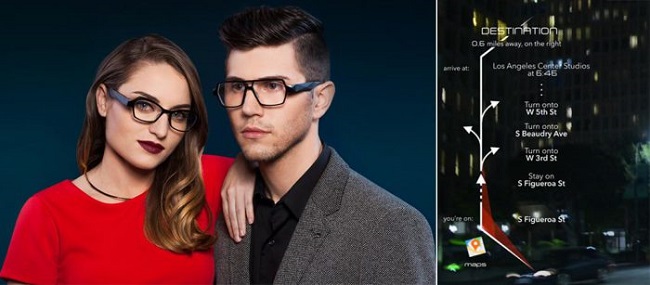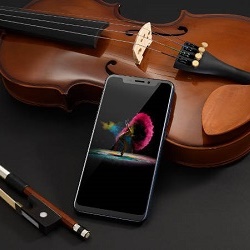Chinese scientists are launching new smart glasses
Specialists from the Chinese Academy of Sciences and the Institute of Technology of Georgia, led by the Chinese-American physicist and specialist in the field of nano-technologies, Zhong Ling Wang, announced new "smart" glasses.
Eyeglass based system on triboelectric generatorwhose dimensions allow you to place it directly on the bow. As a result of friction that occurs when blinking, the part of the generator that is suitable for the electrode accumulates charge. Due to the fact that the movements of the eyelids are controlled by countless muscles located around the eye, the slightest change is transmitted to the device. The polymer layers are in contact with each other, creating a current. The next step is to convert the current into a radio signal and transfer information to a computer, smartphone or other device configured to receive data.

The glasses are driven by an exceptionally strong muscle contraction, otherwise, each blinking would cause an unpredictable effect, and it would be simply impossible to use the glasses in real life.
With the help of properly configured "smart" glasses, people have the opportunity to listen to music, receive messages, watch the news. Some models are equipped with a pedometer and the ability to control the speed of the car while driving. The lenses have cameras that allow you to convey to the other person a full view of the space around them. in real time. These and many other functions are able to transfer a person literally to a different reality.
In the near future, Zhong Ling Wan will assess which muscles, in addition to the eye eye, can be used to tune the sensors of his glasses. The specialist and his team hope that they will be able to find a way to increase the signal strength to such an extentthat the device will not be charged from the batteries, but from the generator itself, as energy for which the converted energy of muscle contractions will be used.

/rating_off.png)








